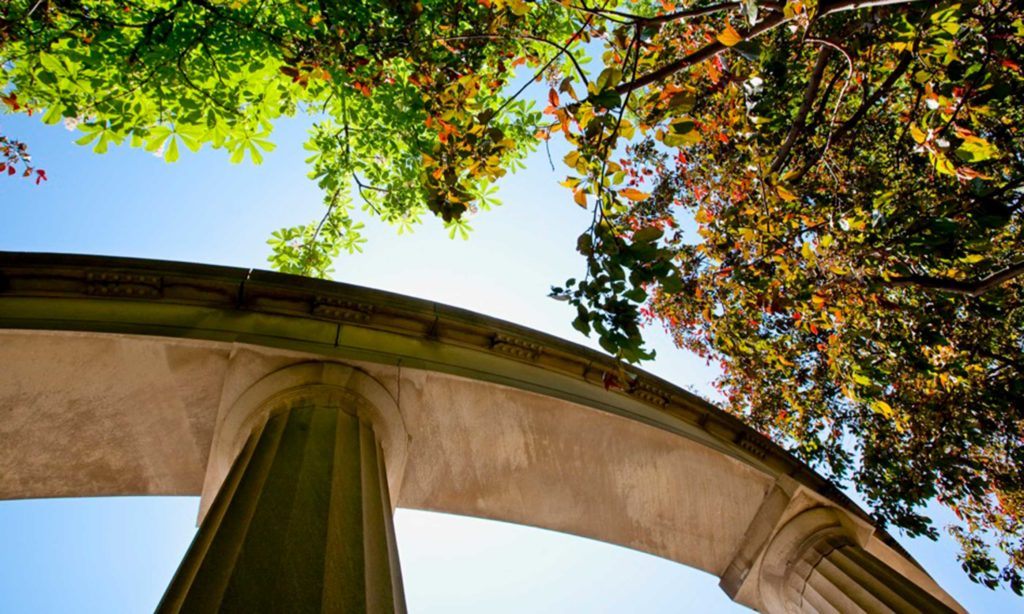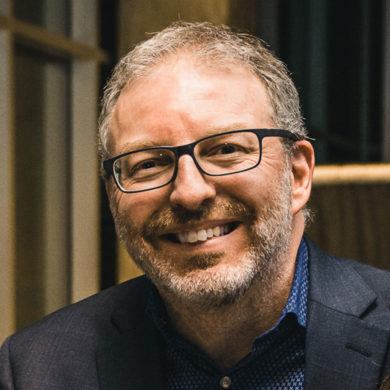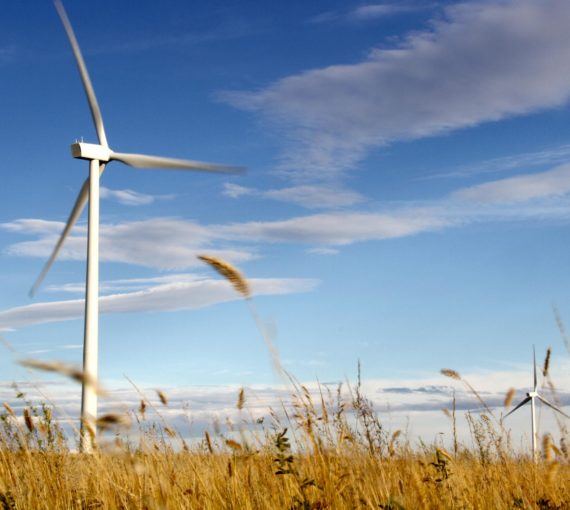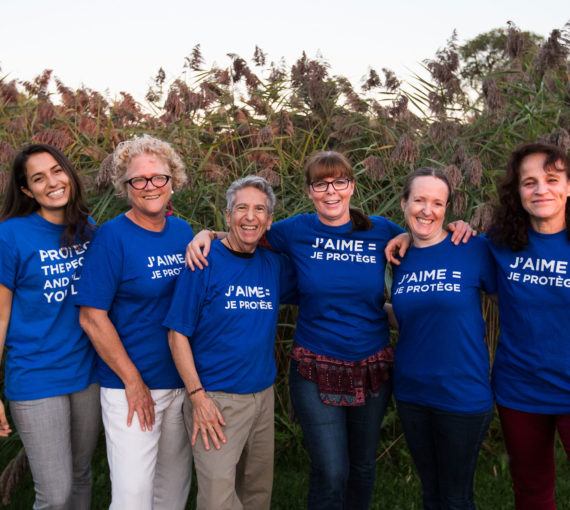Twenty-one years ago, I finished my last exam and left the McGill campus for the last time. I remember how proud I felt. Coming from the small town of Rimouski, Quebec, where we almost never heard a word of English, graduating from McGill felt like conquering Mount Everest. At my graduation, Elie Wiesel was the keynote speaker. I will always remember his words: “The opposite of love is not hate. It is indifference.”
This was his way of telling us that our degree came with responsibility. The responsibility not to turn away in the face of moral peril, to stand up for what is right. These words are among the greatest gifts I was ever offered.
Climate change is the defining issue of our times. It is a scientific fact. Acting to prevent it is not only a technological, economic and political challenge: it has become a moral imperative. In its encyclical, Laudato Si, Pope Francis says that environmental destruction comes from the same evil that leads to social destruction: moral relativity. He reminds us that climate change will first and foremost hurt the poorest, and that we share a responsibility to protect the Creation.
Working with David Suzuki for several years, I have learned that the biosphere is our only home, and that life on earth is an extraordinary thing. There is strong scientific consensus that global warming superior to 2 degrees above pre-industrial level is dangerous. We are currently on a path that will lead to warming above 4 degrees. This threatens the very foundations of our civilization and could throw Earth’s life support systems off track for millennia.
Can we stay indifferent in the face of such peril? I can’t, and this is why I will hand back my degree to McGill University.
Indifference is no longer an option on climate change. As one of Canada’s greatest scientific and educational institutions, McGill University has the opportunity to show leadership, integrity and vision.
Two-thirds of all fossil fuels — coal, oil, gas — need to stay in the ground to avoid dangerous warming. Here’s the catch: the current value of fossil fuel assets is based on the full exploitation of all proven reserves. The only way for these assets to maintain their value is to burn all these reserves and trigger catastrophic climate change. If we act to protect our climate, they lose their value and become “stranded assets.” Investors have a moral decision to make — to either protect our climate or go after short term gains.
According to publicly accessible information, McGill University holds approximately $70 million in fossil fuel investments, or roughly 5 per cent of its $1.3 billion endowment fund. When it invests part of its endowment fund in coal, oil and gas, McGill University is betting on fossil fuels against our climate. This is an example of the moral relativity Pope Francis is warning us against, and an example of the indifference to human harm Elie Wiesel so eloquently talked about at my graduation.
Dozens of universities in the world, including Standford and Oxford, have announced that they will divest. In doing so, they are not only making an ethical decision, they are also protecting their assets by reducing exposure to what economists are now calling a carbon bubble.
The time has come for McGill University to do the right thing. Indifference is no longer an option on climate change. As one of Canada’s greatest scientific and educational institutions, McGill University has the opportunity to show leadership, integrity and vision.
Unless it announces its intention to divest, I will be handing back my degree on March 30. I encourage all alumni to join me and the McGill alumni for divestment in making fossil fuels history at McGill.
This op-ed was originally published by HuffPost.
Our work
Always grounded in sound evidence, the David Suzuki Foundation empowers people to take action in their communities on the environmental challenges we collectively face.




